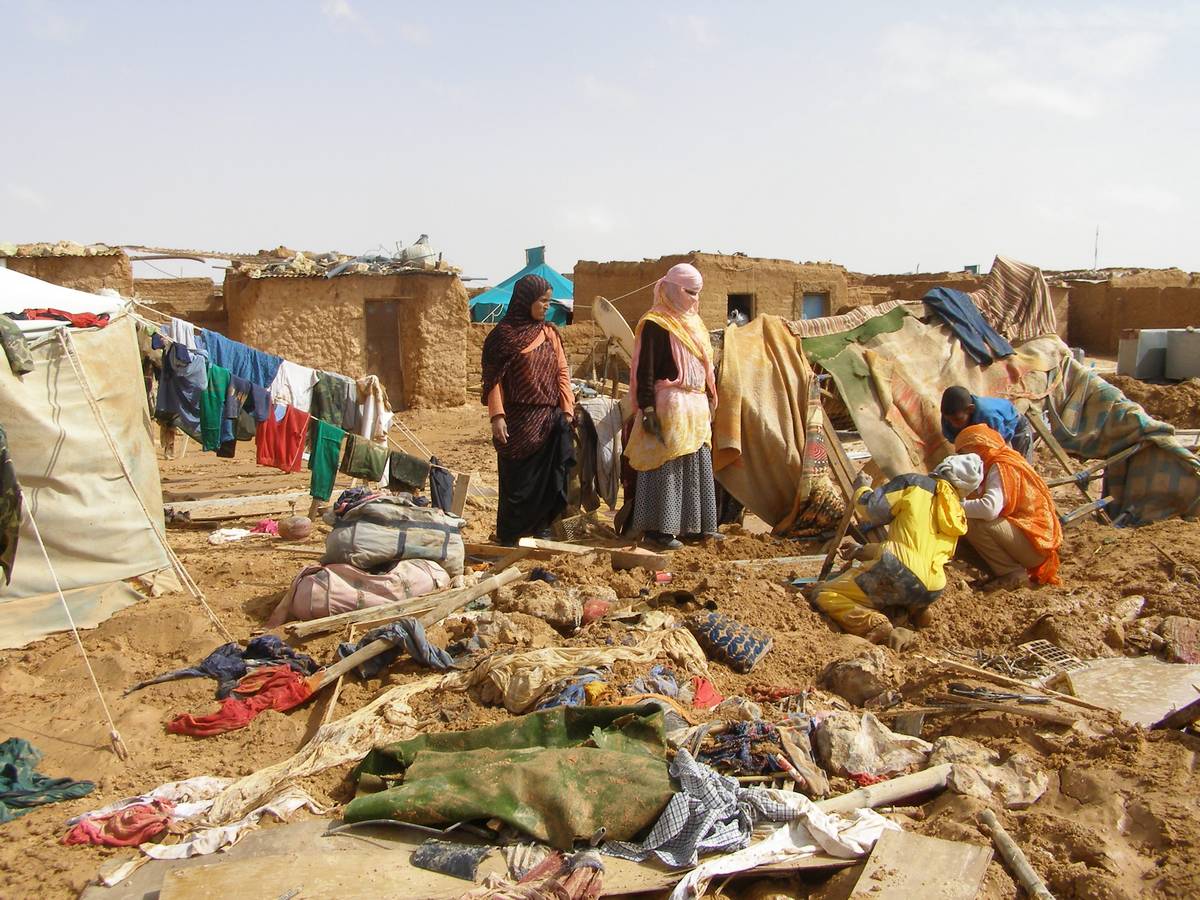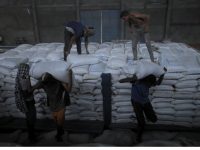Nearly 443 people in South Africa have died and there are fears that number will…

UN appeals for the international community’s increased support saharawi refugees
Faced with a deteriorating nutrition situation in the Sahrawi refugee camps, including over 75 percent cuts in food rations, the United Nations team in Algeria appeals for the international community’s increased support forlifesaving food and nutrition assistance to refugeesrisking serious food insecurity and malnutrition.
The Government of Algeria and international donors have shown consistent solidarity with Sahrawi refugees through humanitarian support over more than four decades, support that has been of vital importance, and must be recognized.
Regrettably, pressed by global challenges, thissupport is now insufficient to meet current needs. Funds required for food assistance alone doubled toUS$39 million this year compared to $19.8 million before the pandemic hit.
“The UN team and other humanitarian actors are facing significant funding gaps toppled by theimpacts of the COVID-19 pandemic, the subsequent global rise in food and fuel prices, and the effects of the war in Ukraine. This has deeply affected all sectors of humanitarian support, which is worryinglyhindering refugees’ access to food, water, health,nutrition, education and other essential livelihood services” UN Resident Coordinator Alejandro Alvarez said, adding that international solidarity is crucial to reverse the rapid deterioration of the nutrition situation in the refugee camps, with long lasting effects for the population, especially children.
UNHCR, the UN refugee agency, the World Food Programme (WFP) and the UN Children’s Fund (UNICEF) have been actively sensitizing partners about the situation, but these efforts have not yet translated into additional resources to fulfil the needs.
The forced 75 per cent reduction of WFP’s lifesaving monthly rations is particularly concerning as it is less than half of the recommended daily intake of calories per person. Each beneficiary now receives less than 5kg ration compared to the planned 17kg per person per month.
Preliminary results of the Joint Assessment Mission and the Nutrition survey carried out six months agoalso reveal a deteriorating nutrition situation and an increasing prevalence of life-threatening wasting among children aged 6-59 months from 7.6% in 2019 to 10.7% in 2022. Half of the children aged 6-59 months are anemic, one in three children arestunted and only one in three children received the minimum diverse diet they needed to grow and develop healthily.
Refugee camps have hosted women, children and men for the past 47 years near the town of Tindouf, in western Algeria, relying primarily on humanitarian assistance for food and livelihood needs. The solidarity of the international community is imperative to immediately ensure the protection of refugees and prevent severe consequences that may arise due to food insecurity.
The United Nations system in Algeria calls on the international community to renew efforts and provide additional and urgent support to bring an appropriate response to this emergency.





